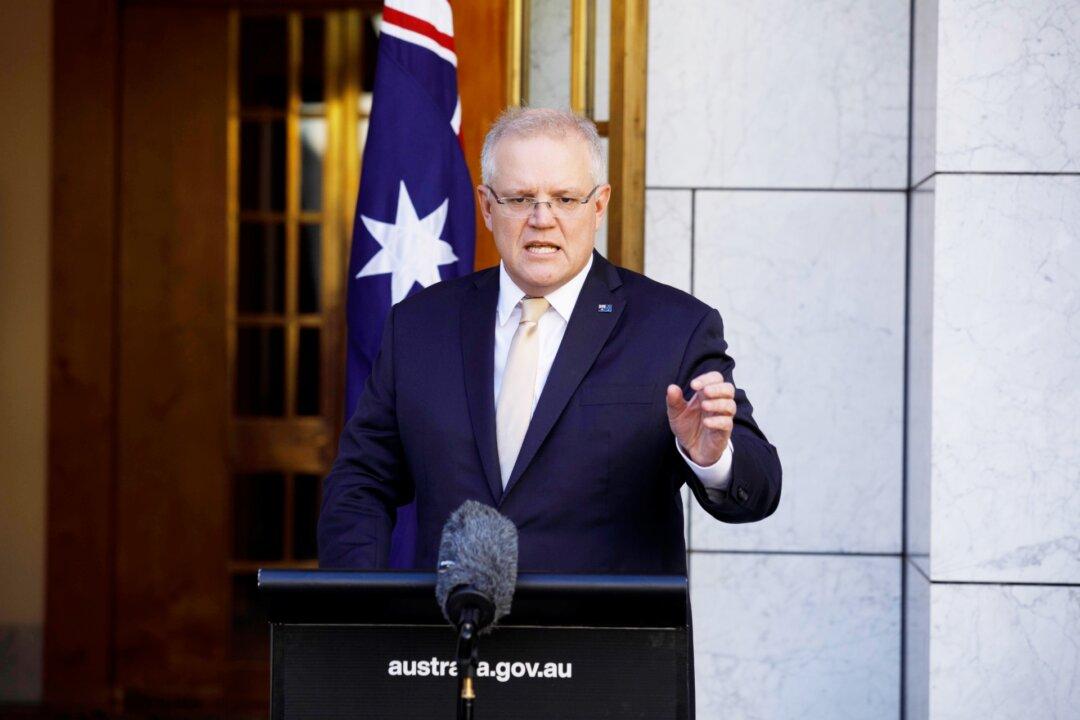Scott Morrison has rejected calls to bring thousands of Australians stranded overseas home on air force planes.
More than 27,000 Australians are waiting to return but with a weekly cap of 4000 incoming passengers, it could take well into next year.

Scott Morrison has rejected calls to bring thousands of Australians stranded overseas home on air force planes.
More than 27,000 Australians are waiting to return but with a weekly cap of 4000 incoming passengers, it could take well into next year.